Purchase Braving the Body!
It is only through the body that we receive images, and mostly through the images that we receive poems. Braving the Body is a collection of these fierce images; of 116 bodies; of, as Whitman writes in Leaves of Grass, “head, neck, hair, ears . . . mouth, tongue, lips . . . bowels sweet and clean . . . brain in its folds inside the skull frame . . . heart valves”; of Liza Katz Duncan’s 10-week pregnant body driving south; of Diane Seuss’s hair “the color of a field mouse” and Justin Wymer’s “pill the color of her hair”; of the cast made of Drew Skelton’s teeth; the discarded membranes of Fia Montero’s “Diastasis Recti Abdominis”; the imagined daffodils planted by “our children’s children” of Ann Fisher-Wirth’s final consummation with her beloved. Absurd, sublime, anxious, and tender—these poems resonate in the very place they were born—the brave body in all its gore and glory.
Blurbs for Braving the Body:
Braving the Body, an astonishing new anthology edited by Nicole Callihan, Pichchenda Bao, and Jennifer Franklin, reminds us that to brave the body one must survive it. Or transgress it. Or claim it radically. “Give me a live girl, a mess,” begs KC Trommer, “one with a mouth for talking,” and we’re reminded of all that constructs the body, making it more than simply flesh and bone and organs. Braving the Body reimagines the body as “factory,” as grateful objectness, as aspirational and asking, “How did Jesus keep / his girlish figure?” After these 116 poems—at times achingly visceral, at others necessarily light-filled—you’ll wonder how you ever thought a body was a thing you knew.
—Dawn Lundy Martin, author of Good Stock Strange Blood
I refuse to believe the poems in Braving the Body haven’t been gathering together for years, tuning up and practicing in some secret lair: that’s how perfectly their voices combine, creating a layered composition that examines the human body in all of its riches, losses, temptations, and possibilities. Looking for jaw-drop images and wry formal turns? You’ll find them. Want to laugh, shiver, or nod in recognition? You will. But this anthology’s power resides not just in the individual poet, but the collective call to action that we must speak, more openly, about these experiences within our perfectly imperfect, obscenely blessed, blessedly obscene, and endangered selves. Harmony is great, but so is raising a ruckus. This book does both.
—Sandra Beasley, author of Made to Explode


